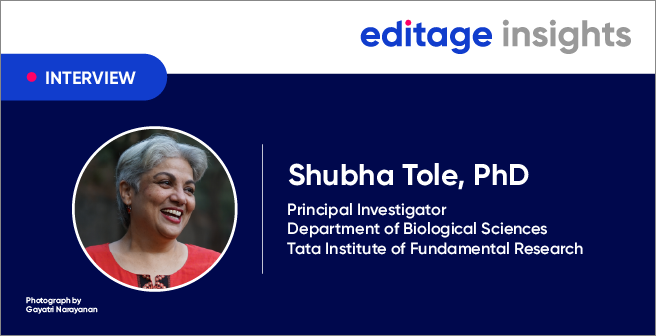Honours: Trying to do science with real world implications

I’m an Honours student who finished her first ‘official’ research year, and a proud owner of a freshly-minted thesis. In this blog post, I will be reflecting upon the year that was Honours.
My first taste of research began in the summer of 2016, where I was a vacation research student for 6 weeks. I was mentored by ‘The Grey Wolf’ and found the short experience to be rewarding and was keen to return to the same lab for Honours.
I started Honours bright-eyed and bushy-tailed, eager to begin some ‘real science’ with real-world implications. I also, however, was filled with small amounts of doubt and trepidation. How do I, as an undergraduate student with only three years of learning, do the ‘real science’ with real world implications? Suffice to say, the 7 months of Honours gave me the answer.
Looking back, the first two months were a bit of a blur of reading for a non-assessed literature review and becoming proficient in techniques. It was also a time where many experiments failed, and I struggled to see how I could get any useful results for my thesis. On the plus side, some experiments were successful, and were not included in the final thesis but will be in a paper that will be published.
Two and a half months into Honours, I received a result worth including in my final thesis. And, was that moment glorious! Until I repeated the experiment with different results, requiring further optimization and repetition… I soon came to learn that more often than not, science does not go to plan. I have learnt to appreciate the small victories in lab work, such as getting an R2 of 0.999 for a standard curve, a pink stain from a Ponceau, indicating successful transfer of proteins or getting bacterial colonies for cloning.
And so, I persevered. I kept calm (most of the time) and carried on (as I must). Fewer and fewer mishaps occurred and I learnt from my mistakes and developed efficient strategies to save time and energy. Over time, the useful results stacked up. Excitingly, the results were new and no one else had seen them before. This was one of the rewarding aspects of research – finding the answers to the questions yourself, through all the hard work you put into it.
After running so many experiments, it was almost a relief to sit down and tackle the assessed components of the Honours program, namely, the seminar and thesis. There was something very satisfying in writing up all your results and presenting them as a coherent story.
To my surprise, I enjoyed giving the Honours seminar. I say surprised, as I was nervous giving presentations during my first two years of undergrad and the seminar was what I initially thought to be the most nerve-wracking thing to do. However, at that stage during the year, I was eager to showcase my exciting results to like-minded peers.
Thesis-writing was slow-going. I enjoyed how the scientific narrative came together at the end but did not enjoy the formatting and referencing and editing process. I very quickly realised the many ways to use the Microsoft Office Suite effectively.
Towards the tail-end of Honours, I attended ComBio, a biology conference in Sydney. I found the experience eye-opening and informative. I saw presentations and posters from scientists all over the world, in specialties that I’ve never given much thought to. ComBio helped me to contextualise my small research project with the rest of the scientific community. It was not directly related to my Honours, but the conference was a highlight of my year.
Another highlight was the feeling that I was part of the team. With frequent attendance to lab meetings, I was constantly kept in the loop of the projects of other lab members. And it wasn’t all just about the science – journal clubs, lab lunches, and Christmas parties were great fun.
So how does an undergraduate student do the ‘real science’ with real world implications? The student dons a lab coat, enters the lab, and starts experimenting. Some lessons can only be learnt by experience.
To the current and future Honours students, know that Honours is a busy year. But it is also a year when the hard work will pay off and you will discover something new and exciting!
Lydia Qian @qian_lydia) is a PhD Candidate at UNSW. This story was published on December 5, 2018, on Confessions of the Brown Lab Researchers (available here), and has been republished here with permission.




